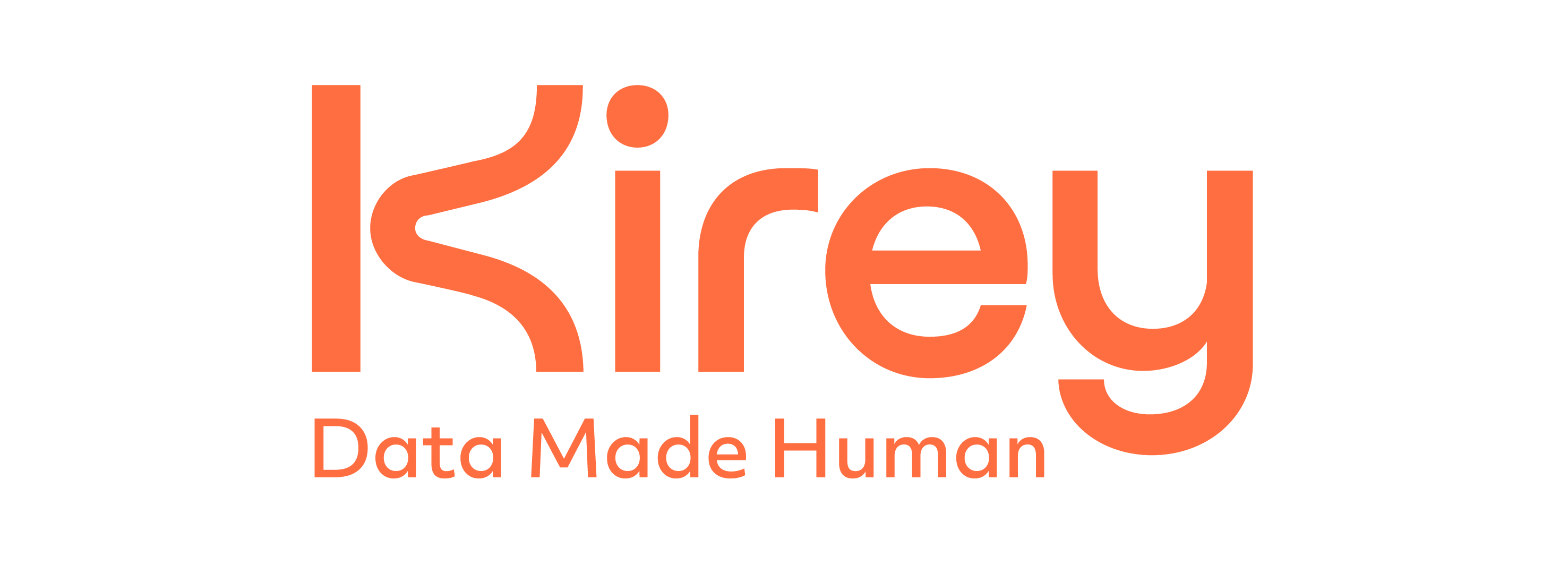From facial recognition to autonomous driving, Artificial Intelligence technologies have made considerable progress
In the last ten years, the attention, research and investments in the field of Artificial Intelligence have reached very high levels. But there are those who fear a new "fall of AI".Will it be true?
The development has been so sudden and vertical that the fear of an "AI autumn" begins to make its way among the scientific community. In technical jargon, the AI follows the metaphor of the seasons: an "Ai autumn" is a time when funds and interest in the industry fade, triggering a chain reaction: pessimism begins to circulate first in the community, then in the media and finally in the public, until the sector collapses and, therefore, the research.
Already in the past, Artificial Intelligence has lived in fluctuating phases: The Economist calculated that, from the 50s to today, there were at least two other waves in which it seemed that Artificial Intelligence would change our lives; everything then faded into unfulfilled promises and was forgotten.
But how are things really? There is a gap between those who are more catastrophic and those who are more optimistic. Among the optimists stands Marcello Restelli of the Airlab (Artificial Intelligence and Robotics) of the Politecnico di Milano: "the previous autumns were generated by broken promises, now instead the techniques of Artificial Intelligence are already employed with great success in numerous applications".
The 3 key AI elements
A fundamental premise is that Artificial Intelligence needs three elements to function:
- sophisticated algorithms;
- large amounts of data;
- powerful computers and good IT infrastructure.
Despite all the talk about Big Data and Open Data, data scarcity is one of the main problems. It was seen with the Covid-19 emergency: many data are not available in time, others are not comparable, still others simply do not exist because our life is not yet totally digital. But without good data, Artificial Intelligence doesn’t work.
So, it is essential to have advanced tools and technologies that extract data, transform it into information; automate information.
Kirey Group has the skills and technologies necessary to recover, process, manage and interpret data. Thanks to Kubris®, Innovation Center of Kirey Group, it is possible to write and apply custom AI and Machine Learning algorithms based on customer needs. So from the data it is possible to extract anomalies, forecasts, automations, predictions.
